Members convene online for Global Assembly 2023
Members of MenEngage Alliance convened online for the global 2023 Members’ Assembly. Taking place through three sessions over three days, the Assembly aimed to reaffirm shared commitments, strategize on the future of MenEngage Alliance, and engage in collective reflection and growth on the themes of intersectional feminist analysis and decolonization. In this update, we share some of the themes and discussions through the words of participants and speakers at the Assembly.
The global members’ Assembly, which has taken place annually in recent years, is a space for the members of the alliance coming together as a global community to have meaningful engagement and to have their say on the strategic direction and agenda-setting of MenEngage Alliance.
Members from around the world joined from 27 to 29 June 2023 to help shape our collective agenda for transforming patriarchal masculinities and working with men and boys for gender, social, and climate justice. The online event consisted of plenaries, panel discussions, and break-out sessions for members to meet each other and connect.
Welcoming members to the space, global co-chair of MenEngage Alliance Samitha Sugathimala, Program Director at Foundation for Innovative Social Development, said:
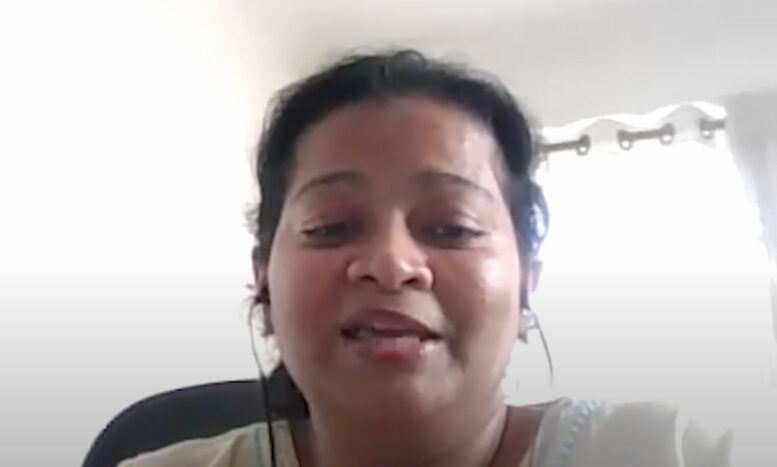
“This is a space for us to come together, to know each other better, and share some of our thoughts, our experiences, and also our challenges. We all know that things are getting really challenging, so we know the importance of coming together, standing in solidarity, and supporting each other.”
The assembly then began in earnest with a reminder of the urgency of our shared work, with an opening address by MenEngage Alliance member, Dr. Sue-Ann Barratt, Lecturer and Head at the Institute for Gender and Development Studies, The University of the West Indies, St. Augustine Campus:
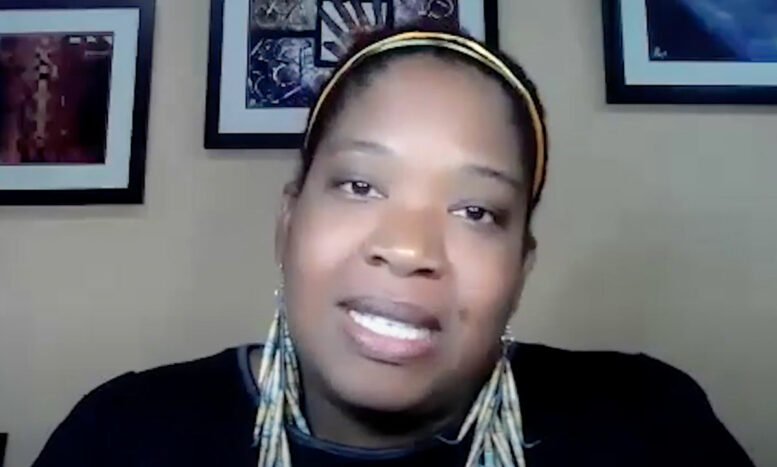
“Today’s reality is one of global conflict, confrontations and increasing insecurity. At the same time, alongside incredible actions for inclusion, nondiscrimination, resolve and resilience act as counterpoints to worrying global trends…
“Patriarchy, as a system of power, is resilient in preserving its privileging effect, a privilege often unrecognized by those who enjoy it, i.e. largely the hegemonic masculine. It is a resilient mechanism that never pauses, never takes a time out, never surrenders.
Reminding members of the severe backlash facing progressive rights-based work, Sue-Ann said:
“We can see through political discourse, through social media, user-driven content, through mainstream media coverage, the reclaiming of power where it is perceived lost or potentially at loss is done so with a doggedness that signals a clear unwillingness to relinquish ideologies that undermine our purpose.”
Click here to read Sue-Ann’s opening remarks and analysis in full.
How far have we come on past commitments?
The opening address was followed by a panel discussion centering the importance of LGBTQI+ rights in our shared political agenda. The panel also reflected on the Ubuntu Declaration and Call to Action—the outcome document of the third MenEngage Global Symposium in 2021. Two years on, panelists were invited to reflect on progress on the document’s calls to action.
Sohanur Rahman, who sits on the Youth Reference Group and the Climate & Environmental Justice Working Group of MenEngage Alliance, shared that:

“The Ubuntu Declaration and Call to Action committed us to gender-transformative work with men and boys, to learn, to be informed by, and to build up an intersectional analysis and practice… We need men and boys to be engaged meaningfully for that transformation…
“The Ubuntu Declaration set a milestone [for MenEngage Alliance] to change the narrative and to address the work with a feminist lens, with the main message of breaking the silos and building wider solidarity between the climate justice movements, gender justice movements, worker rights movement. So when we are united, then we can change the system.”
A critique on the funding landscape
Ayesha Mago, Global Advocacy Director at Sexual Violence Research Initiative – SVRI, which has an institutional seat on the Global Board of MenEngage Alliance, reminded members of the structural issues of power and privilege within the gender justice funding landscape:
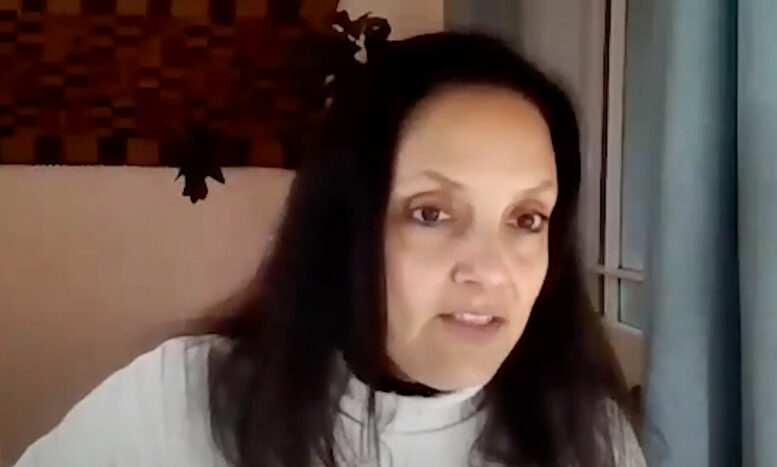
“Thousands of women’s rights organizations frontlining the efforts on ending violence against women and gender inequalities remain significantly under prioritized… Large quantities of the funding continue to privilege large, white-led, cis male-led mainstream and very formalized organizations and groups. And so the contributions of other types of groups can be marginalized because of that.”
Ayesha went on to emphasize to fellow members the need to center women’s and community voices when setting research and funding priorities.
Engaging men on their own is not effective
On the topic of male engagement, Ayesha said:
“We have to work with men. We know we have to work with men—alongside women. We know we have to be very thoughtful around how the work is done. And that engaging men on their own is definitely not as effective. Working with men alongside women is effective.”
Diana Salcedo López, Director of Liga Internacional de Mujeres por la Paz y Libertad (LIMPAL)/ WILPF Colombia, added:

“It is very important to work with men, but with men in order to reinforce the masculine power structure of men, because that is very common that you end up doing that. What we have to do is to work with men in order to avoid the ongoing violence against women, to break that system and transform the way in which interpersonal relations are created. Men need to occupy a space of reflection about their own impact, and it is in their hands to see how they transform the relations they engage in.”
Exploring decolonization within and beyond MenEngage Alliance
Day two of the Members’ Assembly incorporated the fifth part in a six-part series of online sessions on decolonization, facilitated by racial justice activist, Nontokozo Sabic. Introducing the topic, Nontokozo said:
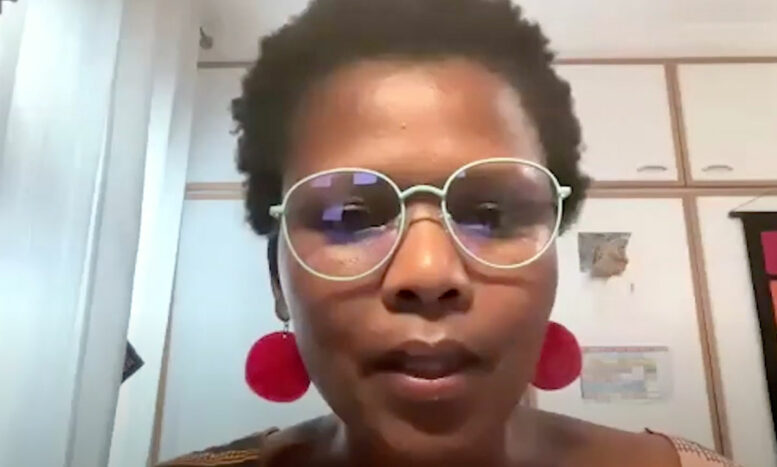
“We’re looking at, where are we? And what have we been the challenges within MenEngage around this topic of decolonization? What are the challenges? What are the successes? What has happened? What has not happened? And why not? We don’t have to come up with all the solutions…We are here to simply have a dialogue and just share and have a process together.”
Participants then heard a personal testimonial by Tumie Komanyane, reflecting on decolonization from a personal and political experience within MenEngage Alliance:
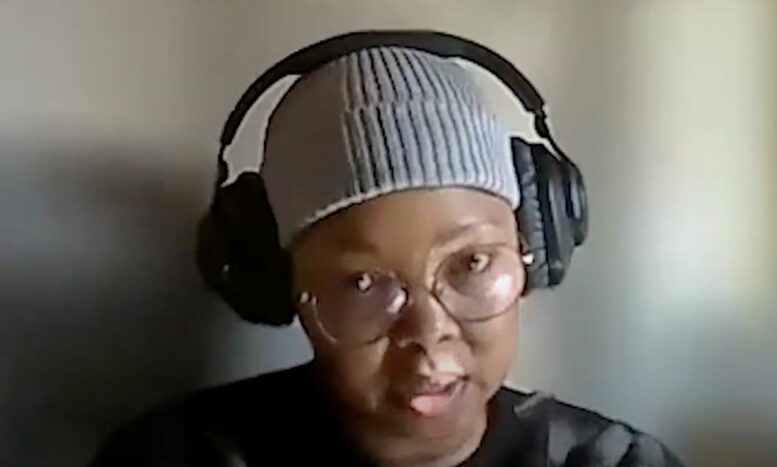
“Decolonization forces us to think about positionality, intersectionality, as well as how who we are influences how we show up in spaces…
“But at some point, it really felt like it was a top-down approach. Oh, ‘now we’re talking about men as feminists. This is the strategy. These are the plans. This is the advocacy work’. But we would then find that as we were implementing work in communities with faith leaders with chiefs they couldn’t quite relate to the ‘men as feminists’ label.
“I think that when we’re talking about decolonization, we have, in the past, put intellectualism or academic theory in front of really practical homegrown roots-based solutions.”
Click here to read Tumie’s remarks and analysis in full
Laxman Belbase, co-director of the MenEngage Global Secretariat underlined the agenda of decolonization, as well as challenging the gender binary, across MenEngage Alliance:
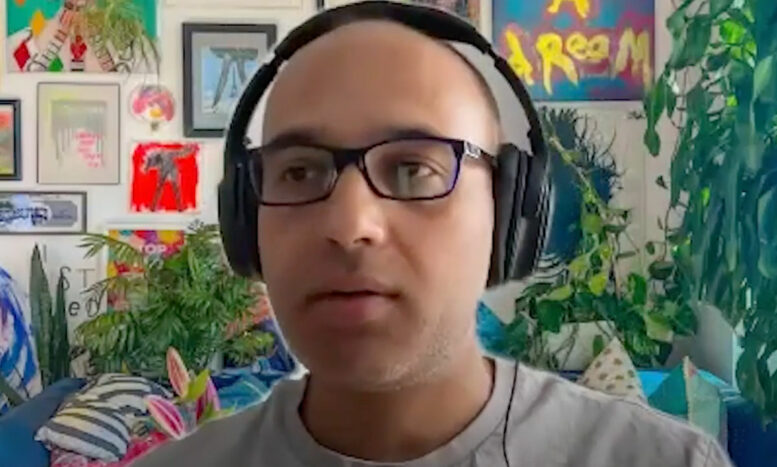
“As MenEngage, we need to ‘walk the talk’, in terms of our leadership at the country, regional, and global level. It’s all about challenging the culture that we are generally used to, and bringing up the true anti-colonial, anti-patriarchal culture in the spaces where we are. How we do that is something we really need to reflect on”
“In this conversation we continuously reinforce the gender binary. The gender binary is another patriarchal construct and we do need to challenge this understanding. If you are really trying to be decolonized or prioritize decolonization as an agenda. We need to challenge this binary and othering of individuals and identities that may not fit into a certain colonial narrative.”
Jens van Tricht, Director at Emancipator and representative for MenEngage Europe on the Global Board, shared with members some of the work being done on decolonization in Europe. Reflecting on the role of MenEngage Alliance within broader global efforts around decolonization, Jens said:
“We are from Europe. We are from the Continent that is responsible for all the colonization and decolonization that we’re struggling with, or at least large parts of it…I think it would be very interesting for us as MenEngage members in Europe to ask ourselves ’how can we be best allies and partners in this global decolonization process that we’re all in—or that we should be in?’
“So I have no answers. I have a lot of questions, and I do realize that sitting with those questions and embracing the discomfort is part of the process.”
Accountability and standards within MenEngage Alliance
The third and final session of the Members’ Assembly allowed for an open townhall-style space where questions could be raised or points shared. This led to a number of updates from the various global Working Groups of MenEngage Alliance, and other notable advancements such as the welcoming of the first member based in South Korea, Gender Equality Training Platform (GET-P).
There was also a focus on accountability during this session, with an update to members from a number of regional networks on how accountability processes are being managed. Hernando Muñoz Sánchez, Regional Co-Coordinator for MenEngage Latin America called on the community to engage in personal reflection, dialogue, and commitment around accountability:

“Beyond the protocols and guidelines, we need a profound reflection on what violence means, on what is happening with violence against women and girls, against ourselves, against other men and against the climate. I think that we need to talk and learn from each other in a deeper and clearer way.
“I don’t think that we can do it only with protocols or with accountability processes that MenEngage has—which have done very important work. But we need those and more, and we need clear conviction on the part of each one of us.”
Bafana Khumalo, global co-chair of MenEngage Alliance, wrapped up the conversation on the final day with:
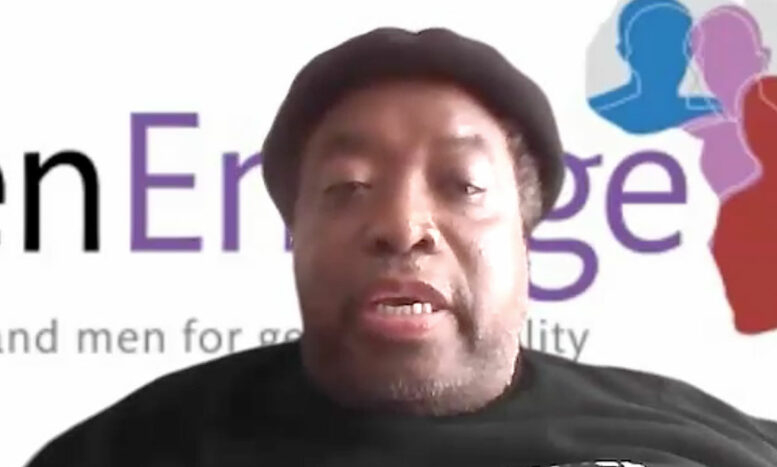
“These are not easy conversations. And we should not seek to find easy solutions. As we seek to find meaningful solutions, it is important that they are embedded in our principles and our commitments.
“In whatever we do, we need to seek to find alternative ways of relating and of engaging that moves away from an unfair exercise of power and that we learn the skills of finding ways forward, even where we disagree.”
